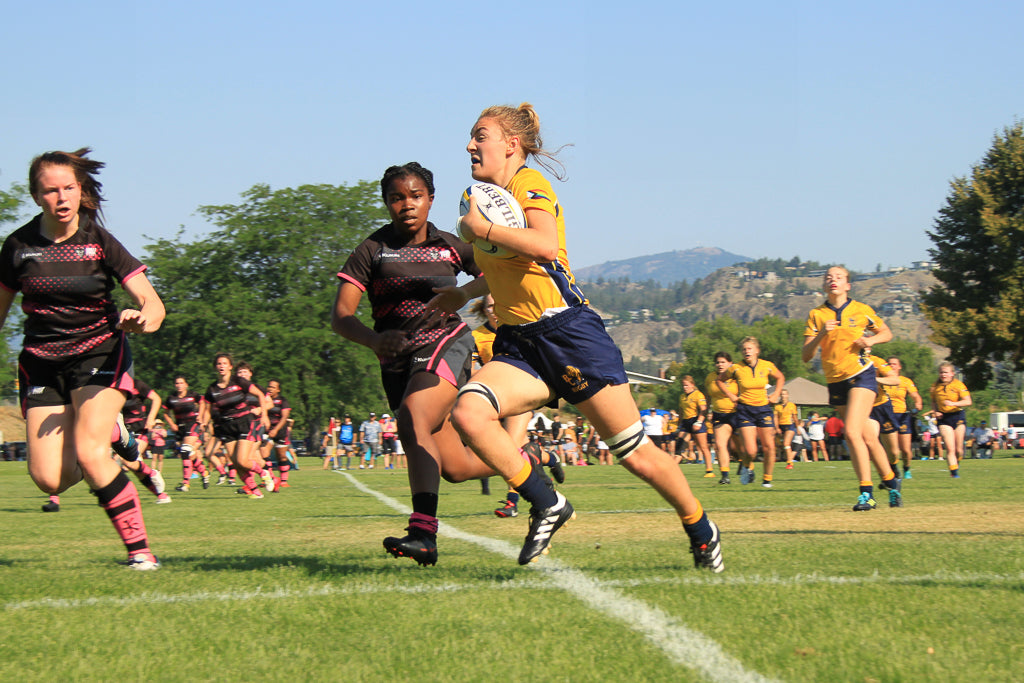Welcome to our weekly summary of the latest research from the world of sports nutrition.
In this week’s summary:
Taurine Boosts Your Power Output During Short, Intense Efforts

This 2024 study looked at how different doses of taurine, an amino acid often found in energy drinks, affect short bursts of high-intensity performance in female rugby players. Sixteen athletes were given either a low (2 grams), moderate (4 grams), or high (6 grams) dose of taurine, or a placebo, and then performed a 30-second sprint on a stationary bike one hour later. The results showed that the low dose of taurine didn’t make a significant difference in performance compared to the placebo, but the moderate dose improved the average power output, and the high dose improved both peak and average power output compared to the placebo. The moderate and high doses didn’t significantly change heart rate, blood lactate (a marker of muscle fatigue), or blood glucose levels. The study suggests that taking a moderate or high dose of taurine about an hour before training or competing could enhance power output in sports that require short, intense efforts.
Our thoughts: It's great to see a study focused on female athletes. It helps paint a fuller picture of how a supplement impacts performance for all. Taurine is gaining momentum with some excellent positive studies backing its use—an ingredient to watch for sure!
How Does a Keto Diet Affect Your Athletic Performance?

This position statement by the International Society of Sports Nutrition (ISSN) reviews the ketogenic diet—a low-carb, high-fat diet that induces a state called nutritional ketosis—where the body burns fat for energy instead of carbohydrates. The ISSN clarifies that ketosis, which is safe and achieved with less than 50 grams of carbs per day, should not be confused with the dangerous ketoacidosis, a condition where the body produces very high levels of ketones, leading to harmful acidity in the blood, typically seen in uncontrolled diabetes. While a ketogenic diet can boost fat burning, it generally does not improve athletic performance compared to higher-carb diets and may even reduce performance in elite athletes, particularly in endurance sports. Strength gains and muscle building seem unaffected by the diet, though some studies suggest non-ketogenic diets can be better for achieving these results. A ketogenic diet can lead to greater overall weight and fat loss, but it may also result in more muscle loss. The ISSN notes a lack of evidence on how the diet affects men and women differently, although biological differences suggest varied responses could occur.
Our thoughts: The ISSN doesn't publish many of these position stands, but when they do, they're excellent and comprehensive. I’m not surprised that they found a ketogenic diet to be largely ineffective at improving athletic performance. Weight loss, likely at the detriment of both health and muscle, is going to be a far more likely outcome.
The Impact of Curcumin on Muscle Damage and Soreness

This study examined whether taking curcumin, a compound found in turmeric known for its anti-inflammatory properties, can reduce muscle damage and soreness after a soccer match. Fifteen college soccer players participated and were given either curcumin (180 mg/day) or a placebo, starting one hour before a match and continuing for two days afterward. The players' muscle soreness, jump performance, and levels of muscle damage markers (like C-reactive protein and creatine kinase) were measured before and after the match. The results showed no significant difference between those who took curcumin and those who took the placebo, suggesting that curcumin did not help in speeding up recovery from muscle damage caused by playing soccer.
Our thoughts: Curcumin has been shown to reduce muscle damage and inflammation in lab-based experiments, but its application in sports is less well-studied. This is only a small study, but one that suggests the benefit curcumin may have is little to none.
That’s all for this week! If you learned something new from this article and are curious to know more, head to the Blonyx Blog or our growing list of weekly research summaries where we help you further improve your athletic performance by keeping you up to date on the latest findings from the world of sports nutrition.
— Train hard!

